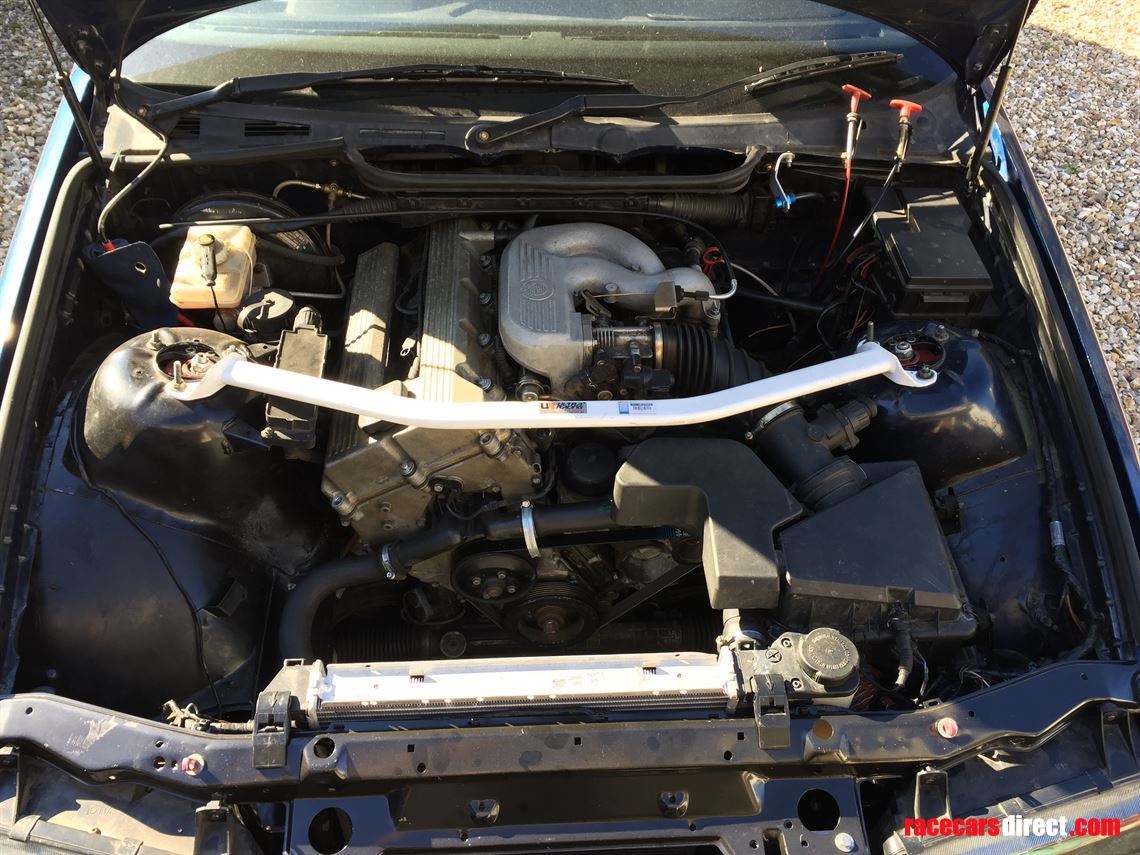Preserving Your BMW 318ti: Necessary Tips for Durability
Preserving Your BMW 318ti: Necessary Tips for Durability
Blog Article
Important Considerations for Choosing the Finest Engine for Your Needs
In the world of picking the suitable engine to fulfill your needs, a number of crucial factors need thorough factor to consider to make certain optimum performance and performance. From the nuanced balance in between power and efficiency to the often-overlooked aspects of upkeep and service needs, each aspect plays a critical function in establishing the most ideal engine for your specific needs.
Power and Performance
When reviewing engines for optimal efficiency, it is critical to prioritize both power outcome and efficiency. Power outcome measures the capability of an engine to create energy, which directly impacts its efficiency. A high power outcome is essential for demanding tasks such as high-speed requirements or durable applications. It makes sure that the engine can deal with the workload effectively and efficiently. Nonetheless, power alone is not sufficient; performance plays a considerable duty in figuring out the total performance of an engine. Effectiveness describes just how well the engine transforms fuel into usable energy. A much more effective engine will supply much better mileage, reduced exhausts, and lowered operating prices. Striking the ideal balance in between power result and performance is key to choosing an engine that meets your particular demands. It is important to think about aspects such as the intended use of the engine, environmental influence, and long-lasting price effects when making this decision. By carefully assessing both power and performance, you can pick an engine that provides optimal efficiency and satisfies your demands successfully.
Fuel Performance and Economic Situation
Fuel efficiency refers to the engine's ability to transform gas right into energy with minimal waste, directly influencing operating prices and ecological sustainability. Engines with higher fuel performance not just decrease gas costs yet likewise reduce carbon discharges, adding to a greener procedure.

Compatibility and Application
Thinking about the fuel effectiveness and economy of an engine, the following vital aspect to address is its compatibility and application within details functional contexts. Compatibility refers to how well the engine integrates with the overall system or equipment it powers.
Various engines are created pop over here for certain objectives, whether it be commercial equipment, marine vessels, automobiles, or power generators. Comprehending the designated application allows for the selection of an engine that can deliver the needed power output, torque, and functional features.
Upkeep and Service Requirements
Upkeep and solution demands play a vital duty in making certain the durability and optimum performance of an engine. Regular upkeep is essential to prevent break downs, expand the lifespan of the engine, and maintain its efficiency. When choosing an engine, it is essential to take into consideration the producer's recommended upkeep timetable and the accessibility of service centers or qualified technicians.
Aspects such as the regularity of oil changes, filter replacements, and overall examinations can considerably influence the engine's performance. Some engines might need even more constant maintenance based upon their layout and use, while others may have additional reading longer periods between upkeep checks. It is crucial to comply with these solution requirements to stay clear of costly repairs and unexpected downtime.

Expense and Budget Plan Considerations
Spending plan restrictions frequently play a considerable function in the decision-making process when selecting an engine for a particular application. When taking into consideration the price and budget plan effects of selecting an engine, it is vital to examine not only the initial acquisition price however also the long-term expenditures connected with maintenance, gas intake, and potential upgrades or fixings. It is vital to strike a balance between the upfront cost of the engine and its total lifecycle expenses to guarantee that the selected engine stays monetarily sustainable throughout its operational lifespan.
Factors such as fuel dependability, toughness, and performance can directly affect the complete price of ownership of an engine. While a much more expensive engine may have greater upfront expenses, it can possibly result in lower maintenance and fuel costs over time, therefore supplying far better value in the long run.
Final Thought

Fuel efficiency refers to the engine's ability to transform fuel right into power with very little waste, directly influencing operating prices and environmental sustainability.Elements influencing gas effectiveness include engine style, burning efficiency, and total efficiency optimization. Additionally, picking the suitable gas type and grade as advised by the engine manufacturer can better boost performance and prolong engine life-span.
Engines with good utility features and readily offered parts can minimize upkeep costs and reduce the time the engine is out of operation - bmw 318ti. It is vital to strike an equilibrium between the ahead of time expense of the engine and its total lifecycle costs to guarantee that the selected engine stays economically sustainable throughout its operational life expectancy
Report this page